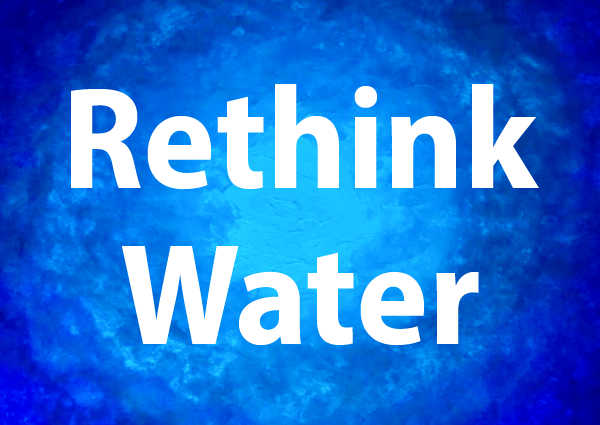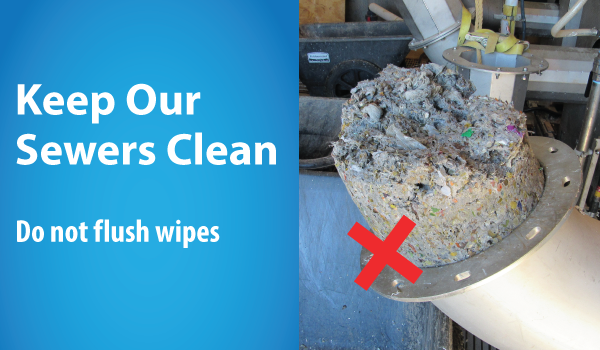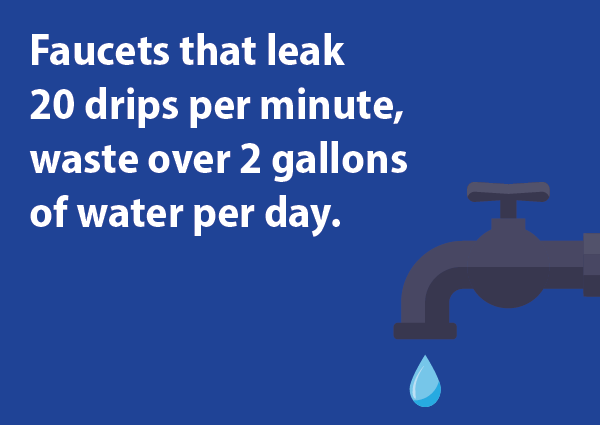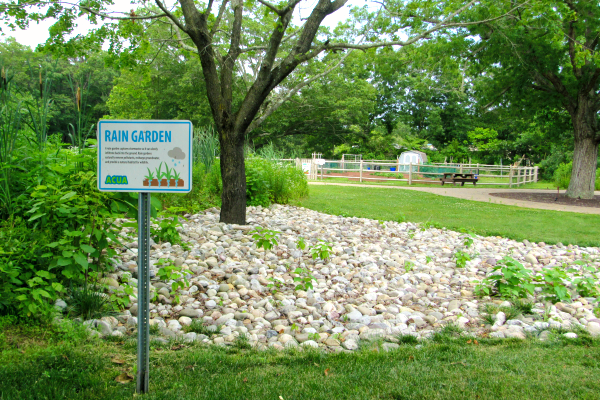May 28, 2020
By Ryan Mahoney, Communications Assistant

Water is our most precious resource. It keeps us hydrated, helps us improve hygiene, is vital for growing produce and keeps our wastewater systems flowing among many other essential uses.
The average person uses about 100 gallons of water each day. Below are seven ways we can rethink our daily use to help conserve and protect water.
1. Cut water use in the bathroom
Make conserving water part of your morning routine. You can reduce water usage by taking shorter showers and shutting off the sink while brushing your teeth or shaving.
2. Run full loads of dishes and laundry
Rather than running small loads of dishes or laundry at home, save them to run fuller loads. Every time these machines are running, they are using water. Consumers can also opt for energy efficient appliances when making purchases.
3. Do not flush incorrect items down the drain.
The toilet is not a trash can. Water that goes down the drain travels through pipes and ends up at our facility for treatment. The pipes and machinery at our wastewater treatment facility are critical infrastructure and it is important that we protect them. When incorrect items are flushed down the toilet, they can lead to clogs in water and sewer pipes. Items like wipes (even those that say “flushable”), paper towels, toilet cleaning pads and more should always be placed in the trash. Only human waste and toilet paper should be flushed down the toilet.
To learn more about what items should not be flushed down the drain, click here.

4. Dispose of medicine and chemicals properly
Medicine and chemicals should never be flushed down the drain. Most police stations and pharmacies have medicine drop-offs available to residents. Click here for a list of drop-offs located in Atlantic County.
Hazardous chemicals (oil-based paints, auto care products, cleaning products, anti-freeze, glues, pesticides, etc.) when dumped in the environment will contaminate groundwater, the ocean and our sewer system. Hazardous chemicals should not be placed in the trash and should instead be brought to our Household Hazardous Waste Drop-Offs for proper disposal.
5. Repair leaky faucets
Bring out your toolbox! Fixing leaky faucets around your house helps to save water from being wasted.
According to the EPA, the average household’s leaks can account for nearly 10,000 gallons of water wasted every year and ten percent of homes have leaks that waste 90 gallons or more per day. Fixing easily corrected household water leaks can save homeowners on their water bills.
Check out this calculator to see how much water can be wasted through leaks.

6. Reduce stormwater runoff at your home
When it rains, stormwater picks up toxic chemicals like fertilizer, pesticides, oils and more on hard surfaces and landscapes. This water flows directly into streams, groundwater and contaminates the environment. There are ways you can reduce stormwater runoff at your home.
Rain barrels are containers that catch and store stormwater runoff from your roof. This water can be used for gardening and will help you decrease your water bill.
Creating a rain garden is a great way to manage stormwater runoff on your property. Rain gardens are designed to manage stormwater runoff by capturing and slowly filtering the water into the ground and naturally removing pollutants. Rain gardens help keep stormwater filled with toxic chemicals from entering storm sewers and eventually polluting our waterways. More information on rain gardens can be found on the Rutgers Water Resources webpage.

ACUA’s Environmental Park in Egg Harbor Township is home to a rain garden and a native plant garden.
7. Fill your garden with native plants
Native plants are plants that occur naturally in their local regions. They thrive in the soils, moisture and weather from the area they originate and have many benefits. Native plants help conserve water at home because they do not need as much watering.